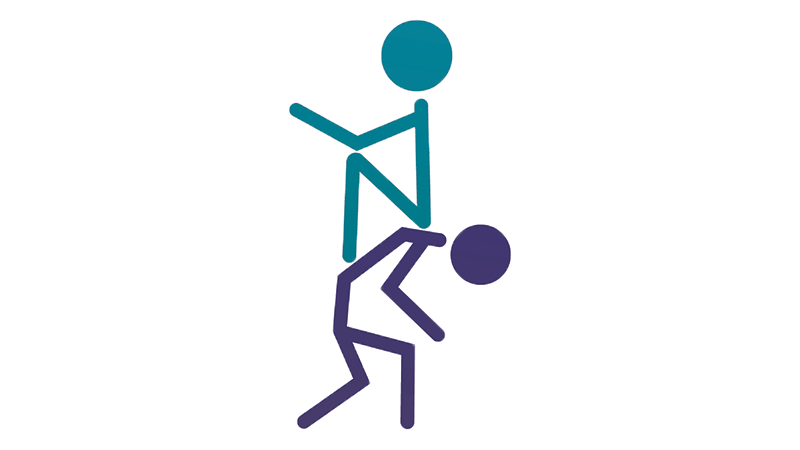Note: This is the second of a two-part series. Click here for part one
If you are a “doormat,” you take care of other people, and you have a hard time taking care of yourself—and allowing yourself to be taken care of.
Doormats usually need to be perfect, telling themselves things like “I always need to look good,” “I should never make mistakes,” “My security stems from what others say or feel about me,” “My fear of rejection determines how I will act in a situation” and “I feel devastated when someone criticizes me.”
Doormats also are submissive, saying to themselves, “I shouldn’t speak up to express my opinion.” I should never ague with those in authority.” “I should make other people feel better and put my needs and feelings aside.”
Finally, doormats expect themselves to be extremely strong, thinking “I should do it all by myself.” “I must rescue those who are in trouble or those who need me,” and “I shouldn’t get angry.”
They are good at taking care of others until they get completely used up themselves.
Lynn Namka, in her book The Doormat Syndrome, has these recommendations for changing such behavior:
- What areas in your daily life do not work well for you because you have given away your power? How are you overextending yourself to other people? Is your behavior related in any way to you trying to control other people? Are you doing for them what they need to be doing for themselves? Are you fulfilling a need to be needed?
- Think of a current issue where you have not allowed yourself to express your own opinions. List those opinions. What do you fear would happen if you spoke your mind?
- Adopt an “I love you, and I love me too” approach. That means you won’t permit yourself to be overrun by someone else’s wants and needs.
- List as many ways as you can think of to behave in a manner that says, “I am responsible for my own actions and needs, and I’ll let him or her be in charge of meeting his/her own needs.”
- By what negative names do you call yourself? Categorize these according to broad areas, such as physical (fatso, skinny), mental competence (dumb, stupid, slow) or psychological traits (lazy, hot-tempered). Is it helpful or harmful to call yourself these names? Is this an accurate assessment of you? What kinder things could you say to yourself?
- Ask yourself whether what you’re getting is worth the cost. Do you get equal value for your effort, time and money? Do you find yourself frequently saying things such as “Things always happen to me,” “They are always doing things to cause me pain” or “Poor me”? What benefits do you gain by being a victim or a martyr? How has this role been harmful to you?
Make a list of activities that you have been really wanting to do but have been afraid to do. Which would you be willing to commit to? By when? The real issue is learning to feel comfortable about speaking out and standing up for yourself. You must become more of an expert at nurturing and cherishing yourself. When you tune in to your inner wisdom, you can make good choices for yourself—choices made out of self-respect rather than out of fear.




